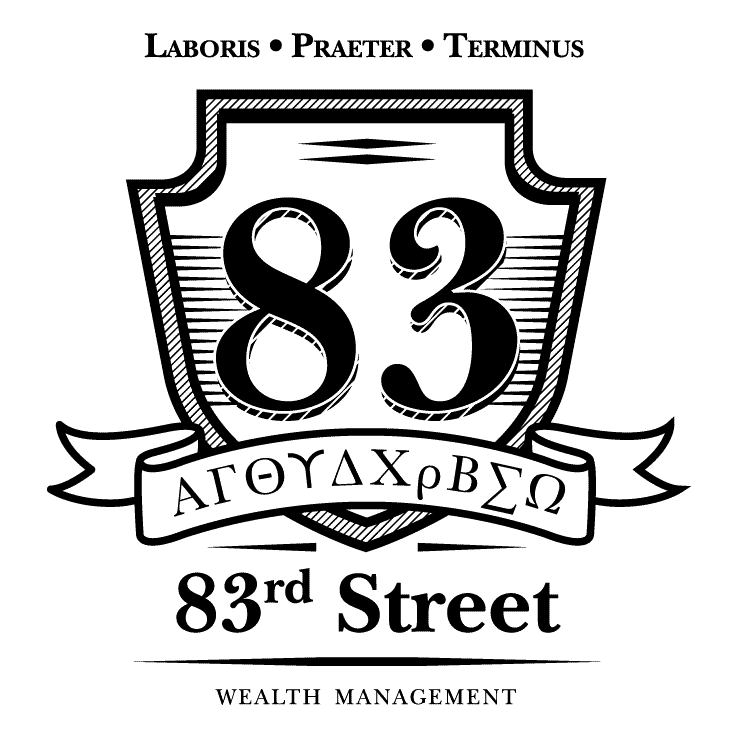Taking on the role of an executor for a friend or family member’s estate is a significant responsibility—one that carries both honor and complexity. People often rely on close friends or family for this crucial position, especially for smaller to medium-sized estates, fueled by feelings of loyalty or gratitude. However, it’s crucial to fully grasp the multifaceted nature of the duties involved before committing.
Decoding the Executor’s Manual: What Does an Executor Do?
Stepping into the world of executorship requires a thorough understanding of the tasks ahead. A good starting point is an online search to answer the question, “What does an executor do?” The wealth of information found through such searches can illuminate the intricate responsibilities that come with the role.
The primary duty of an executor is the meticulous handling of the deceased’s documents, starting with the will. This kicks off the process of cataloging the assets and liabilities, involving tasks like arranging professional appraisals for tangible assets. Simultaneously, executors must stay in touch with financial institutions and government agencies, manage properties owned by the deceased, and keep a detailed record of every transaction.
The challenges become more apparent when dealing with real estate assets, especially homes. Executors may find themselves wrestling with the emotional and logistical aspects of emptying the property and preparing it for sale, adding another layer of complexity.
While individual responsibilities may seem manageable, their collective weight can be substantial. A nuanced understanding of the time commitment is crucial. A comprehensive survey by EstateExec reveals that settling a typical estate demands around 16 months and 570 hours of dedicated effort. Larger estates, valued at $5 million or more, can extend this timeline to 42 months, requiring 1,167 hours. Executors often need to collaborate with professionals like attorneys, CPAs, or wealth advisory firms to ensure the seamless management of the estate, adding another layer of responsibility.
Contentious situations are not uncommon in the executorship journey. Executors may find themselves acting as mediators when heirs dispute asset division or question judgment calls, emphasizing the need for organizational and administrative skills and the ability to navigate interpersonal dynamics with tact and fairness.
Recognizing the complexities involved, many opt for a strategic approach by appointing legal professionals or institutional managers for more extensive estates. While state laws allow compensation for an executor’s time, friends or family members often decline payment, even as the emotional and temporal commitment remains substantial.
Before accepting the role of executor, a prospective candidate should review the will or trust documents for transparency, allowing for an informed decision. Understanding the intricacies of the role is crucial. Prospective executors must assess their readiness and willingness to commit time and emotional energy, fostering open communication about expectations and potential challenges.
Final Thoughts
At 83rd Street, our team is dedicated to helping you make informed decisions, ensuring that you approach the role of executor with confidence and clarity. Whether you’re in the midst of estate settlement or planning for the future, our services are designed to alleviate the complexities associated with this responsibility.
To learn more about how we can assist you on this unique journey, contact our team. Your peace of mind begins with a conversation, and we’re here to provide the expertise and support you need to navigate the challenges of executorship successfully. Reach out today and let us be your trusted partner in managing and preserving the legacy of your loved one’s estate.
This information is not intended to be relied upon as forecast, research or investment advice, and is not a recommendation, offer or solicitation to buy or sell any securities or to adopt any investment strategy. The opinions expressed are as of the date noted and may change as subsequent conditions vary. The information and opinions are derived from proprietary and nonproprietary sources deemed by 83rd St. Wealth Management, LLC to be reliable. Please consult with 83rd St. Wealth Management, LLC financial advisor to ensure that any contemplated transaction in any securities or investment strategy, if mentioned, align with your overall investment goals, objectives, and tolerance for risk. Additional information about 83rd St. Wealth Management, LLC is available in its current disclosure documents, Form ADV and Form ADV Part 2A Brochure, which are accessible online via the SEC’s investment Adviser Public Disclosure (IAPD) database at www.adviserinfo.sec.gov, using CRD # 172115. 83rd St. Wealth Management, LLC is neither an attorney nor an accountant, and no portion of this content should be interpreted as legal, accounting or tax advice.




